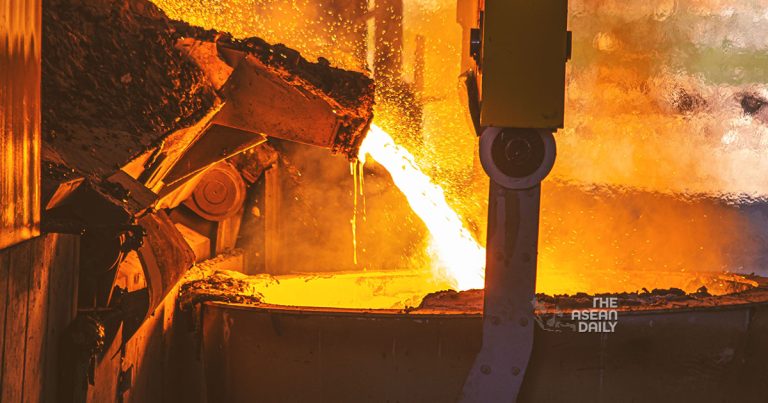21-8-2023 (BEIJING) Tsingshan Group, a prominent Chinese nickel producer, has commenced commercial production of refined nickel in Indonesia, according to three reliable sources familiar with the matter. The plant, located in Morowali, Indonesia, is anticipated to have an annual capacity of 50,000 metric tons once fully operational. The sources, who preferred to remain anonymous due to the lack of authorization to speak with the media, disclosed that commercial production began last week.
Despite repeated attempts to reach Tsingshan for comment, the company did not respond to inquiries made via phone or email.
The recent production at the plant has initially focused on the manufacturing of nickel plate, the sources informed Reuters. However, the current production capacity remains undisclosed, and it is uncertain when the plant will achieve its intended capacity of 50,000 tons.
Insiders revealed to Reuters that Tsingshan intends to seek approval for the nickel produced at this facility to be recognized as a deliverable brand on the London Metal Exchange (LME). In order to secure this designation, stable production for a minimum of three months is required.
Notably, Zhejiang Huayou Cobalt Co, a subsidiary of China’s leading cobalt producer, already obtained approval for their nickel produced at a 36,600-ton plant in Zhejiang province to be listed as a deliverable brand on the LME. Furthermore, Jingmen Gem Co, a unit of GEM Co Ltd, has submitted an application to list the nickel produced at its 10,000-ton plant in Hubei province.
It is expected that more Chinese producers will follow suit and apply for the listing of their nickel brands on the LME. This trend has been triggered by the LME’s decision to reduce the waiting period for listing as part of its initiative to reinvigorate nickel trade volumes following a crisis in 2022.
The crisis occurred when LME prices skyrocketed within a few hours of disorderly trading on March 8, 2022, causing the exchange to temporarily suspend its nickel market for the first time since 1988. Subsequently, all nickel trades executed on that day were canceled, leading to a significant decline in trade volumes.




